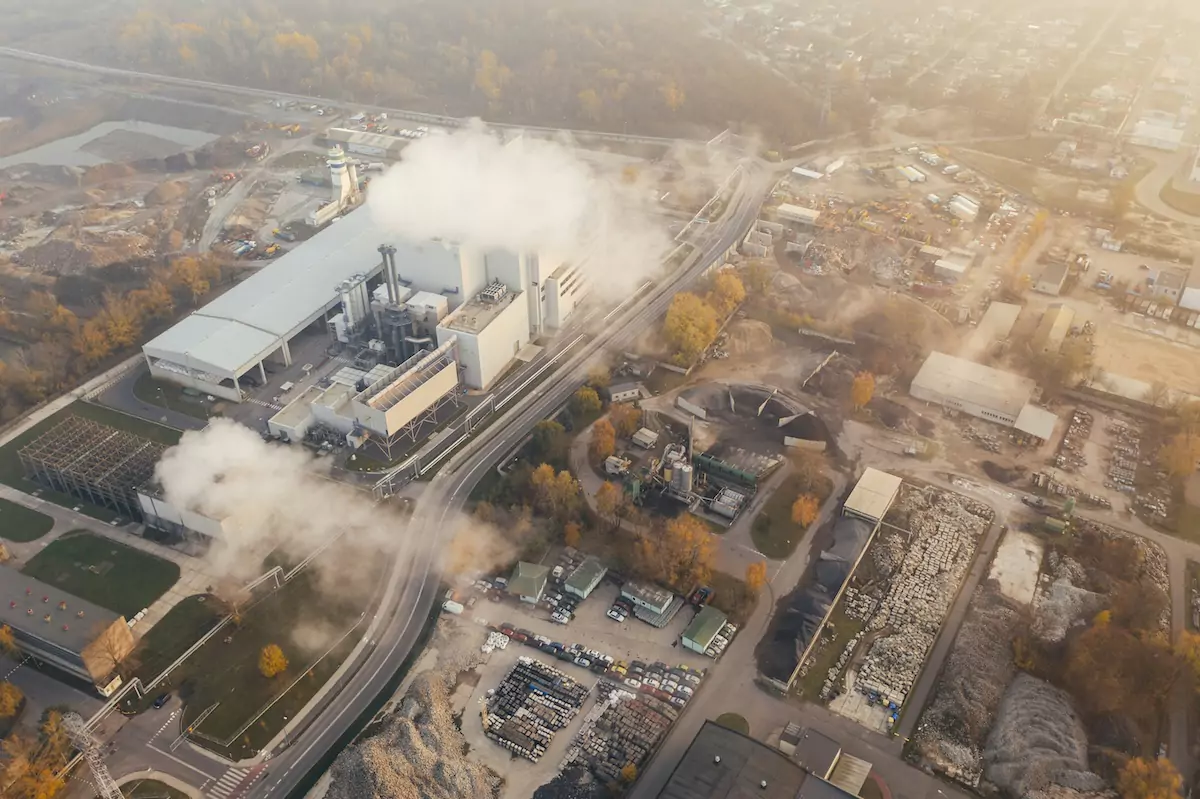The award-winning Irish novelist Cónal Creedon is set to speak at the Princess Grace Irish Library later this month on the themes of identity and place in his work.
As part of its literary and cultural programme, the Princess Grace Irish Library will host a lecture by Cónal Creedon titled A Sense of Place on 27th February.
The Cork-born writer, known for his novels, short stories, plays, and documentary work, will discuss themes of identity and connection to place, drawing on his extensive body of work. The event will include a question-and-answer session followed by a drinks reception.
Creedon, the recipient of The Ireland Funds Monaco spring bursary, has received international recognition for his contributions to literature and the arts. In 2024, he was awarded the Leonardo da Vinci Award by the World Cultural Council in Switzerland and the Books, Arts and Music Award for Literature by the Irish American Heritage Centre in Chicago.
He was also invited to present the Beatty Lecture at McGill University in Canada. His work frequently focuses on the streets of downtown Cork, where his family has lived and traded for generations, using this setting to explore universal aspects of the human experience.
His writing has been described as both poetic and musical, with The New York Times stating, “Mr. Creedon’s words are enough to create a world that is at once comic and dramatic, poetic and musical.”
Tickets for A Sense of Place can be purchased here.
Monaco Life is produced by real multi-media journalists writing original content. See more in our free newsletter, follow our Podcasts on Spotify, and check us out on Threads, Facebook, Instagram, LinkedIn and Tik Tok.
Photo via Princess Grace Irish Library

